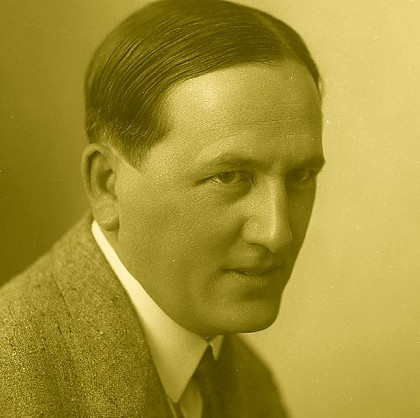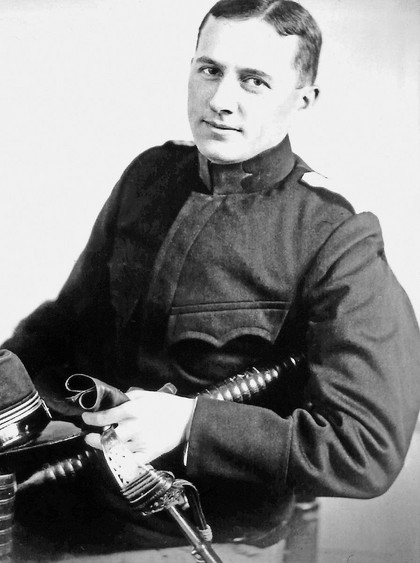In 1911, discontent with the Gotthard Treaty was building in Switzerland. The agreement gave the Axis powers unrestricted use of the railway tunnel. A Franco-German war seemed imminent.
Against this backdrop, linguist Alexis François and writers Gonzague de Reynold and Robert de Traz convened a meeting in Geneva, the outcome of which was the New Helvetic Society (Neue Helvetische Gesellschaft, NHG), which still exists today. Its objective: “to manage the national heritage, strengthen patriotic sentiment, and ensure a worthy future for Switzerland”. The movement quickly gained traction, formed many chapters and experienced initial highlights, as in 1914 for example, when Carl Spitteler gave his “Unser Schweizer Standpunkt” (our Swiss position) speech in Zurich, arguing that the German and French-speaking areas of the country were not so different after all. The NHG also played a big part in Switzerland’s accession to the League of Nations in 1920.
“To be European means closing down a company bequeathed to us by our forebears and whose goods still feed us. Europe will exist if we want it to. If we don’t want it to, we must prepare for the most vicious barbarism ever seen.”
Robert de Traz in October 1922 in “Revue de Genève” following a journey to Berlin
First Swiss Abroad secretary
However, shortly before then, in September 1919, one of the founding members, Robert de Traz, was selected by the NHG central committee as the first secretary of the Swiss Abroad. Within 24 months, de Traz had set up a functional organisation, which was well equipped for the future with its logistical and propagandistic platform. “Robert de Traz created the myth of the Swiss Abroad,” acknowledged Agénor Kraft, one of his successors, after de Traz died in 1951: “He was the architect of the doctrine that Switzerland had responsibilities towards him. It took a poet, a visionary to do that as the idea was completely new at the time and almost laughable to many people.”














Comments